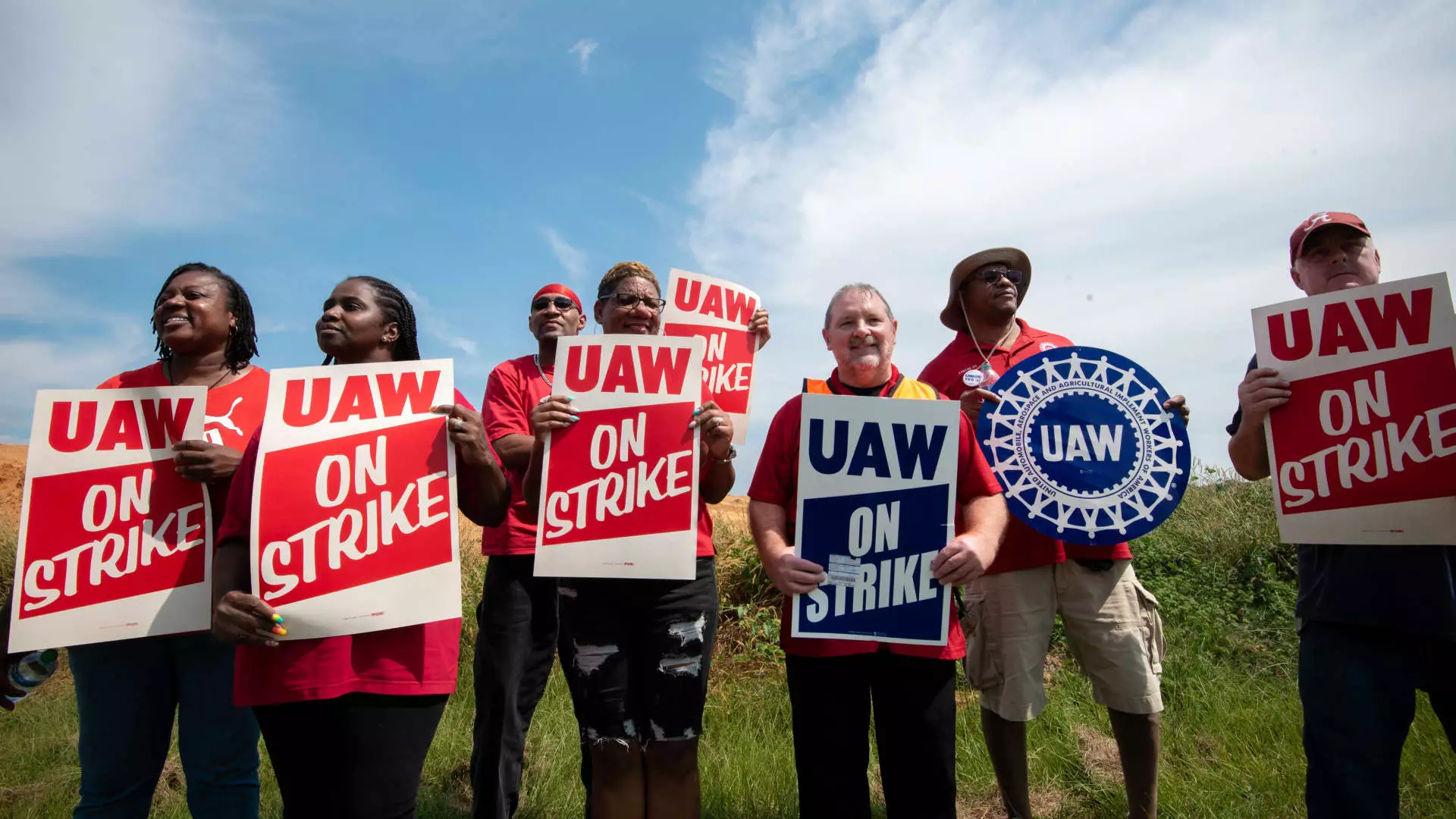The recent vote by Mercedes-Benz workers in Alabama against union representation by the United Auto Workers dealt a significant blow to the UAW’s organizing efforts. This comes just a month after the UAW successfully won an organizing drive at a Volkswagen plant in Tennessee. Despite the voting process lasting from Monday to Friday, the union failed to gain majority support, with 56% of the vote against the UAW. While more than 90% of eligible workers participated in the election, challenges arose with 51 disputed ballots and five void ballots. The outcome, overseen by the NLRB, indicates a rejection of union representation.
The setback for UAW in the Mercedes-Benz vote is seen as a hindrance in their ongoing organizing campaign across non-union automakers in the U.S. The union had recently secured favorable contracts with major Detroit automakers, including Ford Motor, General Motors, and Stellantis, marked by significant wage increases and benefits. UAW President Shawn Fain acknowledged the disappointment of the vote results but emphasized the resilience and determination of the union. Despite the loss, Fain expressed pride in the effort put forth by the workers, ensuring continued efforts to promote workers’ rights in the future.
The union faced greater challenges at the Mercedes-Benz plant in Alabama compared to the Volkswagen facility in Tennessee, where the union had previously attempted organizing drives. The Alabama location, situated near Birmingham, has been a significant production site for the automaker, producing millions of vehicles since its establishment in 1997. The plant’s current lineup includes a mix of gas-powered and all-electric vehicles, catering to a diverse market. However, the recent vote outcome highlights tensions between management and workers, with allegations of unfair labor practices filed against Mercedes-Benz.
The NLRB has been investigating various unfair labor practice charges brought forth by the UAW against several automakers, including Mercedes-Benz. The charges range from disciplining employees discussing unionization to prohibiting the distribution of union materials and paraphernalia. Additionally, claims of employee surveillance, termination of union supporters, mandatory attendance at anti-union meetings, and discouraging union activities have been raised. The ongoing investigations underscore the contentious relationship between labor unions and management within the auto industry.
The rejection of union representation by Mercedes-Benz workers in Alabama underscores the complex dynamics of labor relations in the automotive sector. The UAW’s setback in its organizing efforts indicates the challenges faced in mobilizing non-unionized workers across different companies. Despite the defeat, the union remains committed to advocating for workers’ rights and collective bargaining in the face of opposition from employers. As the automotive industry continues to evolve, the role of labor unions in safeguarding workers’ interests remains a critical aspect of ensuring fair and equitable working conditions.

Leave a Reply